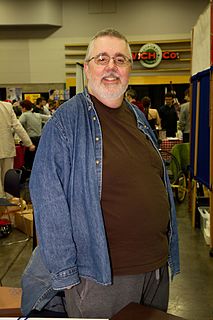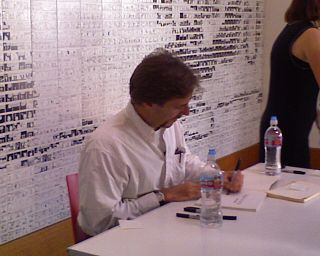A Quote by Jacques Derrida
All sentences of the type 'deconstruction is X' or 'deconstruction is not X', a priori miss the point, which is to say that they are at least false. As you know, one of the principal things at stake in what is called in my texts 'deconstruction', is precisely the delimiting of ontology and above all of the third-person present indicative: S is P.
Related Quotes
There is no rigorous and effective deconstruction without the faithful memory of philosophies and literatures, without the respectful and competent reading of texts of the past, as well as singular works of our own time. Deconstruction is also a certain thinking about tradition and context. Mark Taylor evokes this with great clarity in the course of a remarkable introduction. He reconstitutes a set of premises without which no deconstruction could have seen the light of day.
I would say that deconstruction is affirmation rather than questioning, in a sense which is not positive: I would distinguish between the positive, or positions, and affirmations. I think that deconstruction is affirmative rather than questioning: this affirmation goes through some radical questioning, but it is not questioning in the field of analysis.
Deconstruction seems to offer a way out of the closure of knowledge. By inaugurating the open-ended indefiniteness of textuality-by thus 'placing in the abyss' (mettre en abime), as the French expression would literally have it-it shows us the lure of the abyss as freedom. The fall into the abyss of deconstruction inspires us with as much pleasure as fear. We are intoxicated with the prospect of never hitting bottom
Twenty years ago my parents wouldn't know who the X-Men were, and now everybody knows that stuff. It means that deconstruction of the superhero is something you can do. All those movies have led to a point where we can finally have 'Watchmen' with a Superman character who doesn't want to save the world and a Batman who has trouble in bed.





































